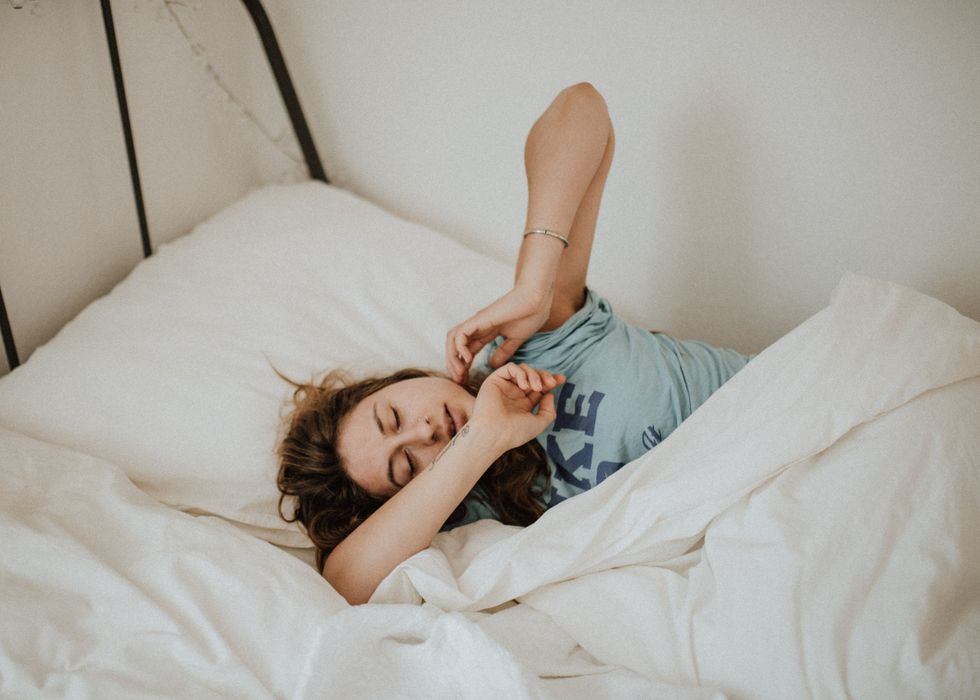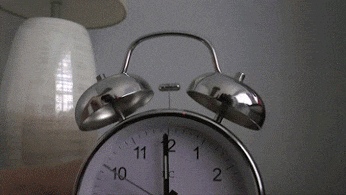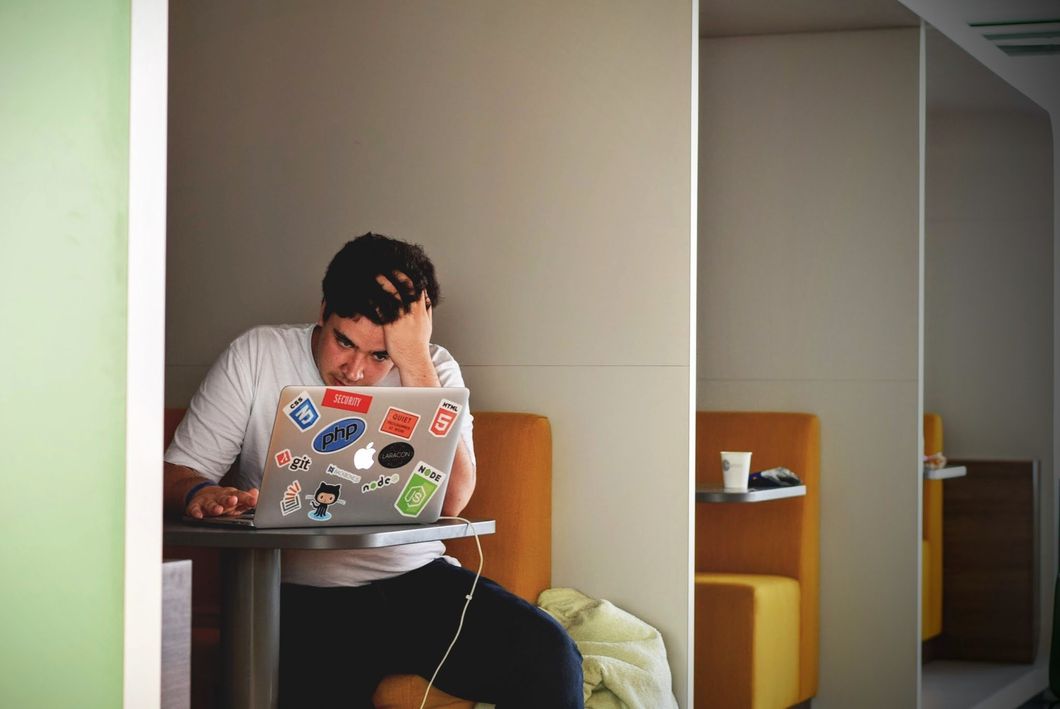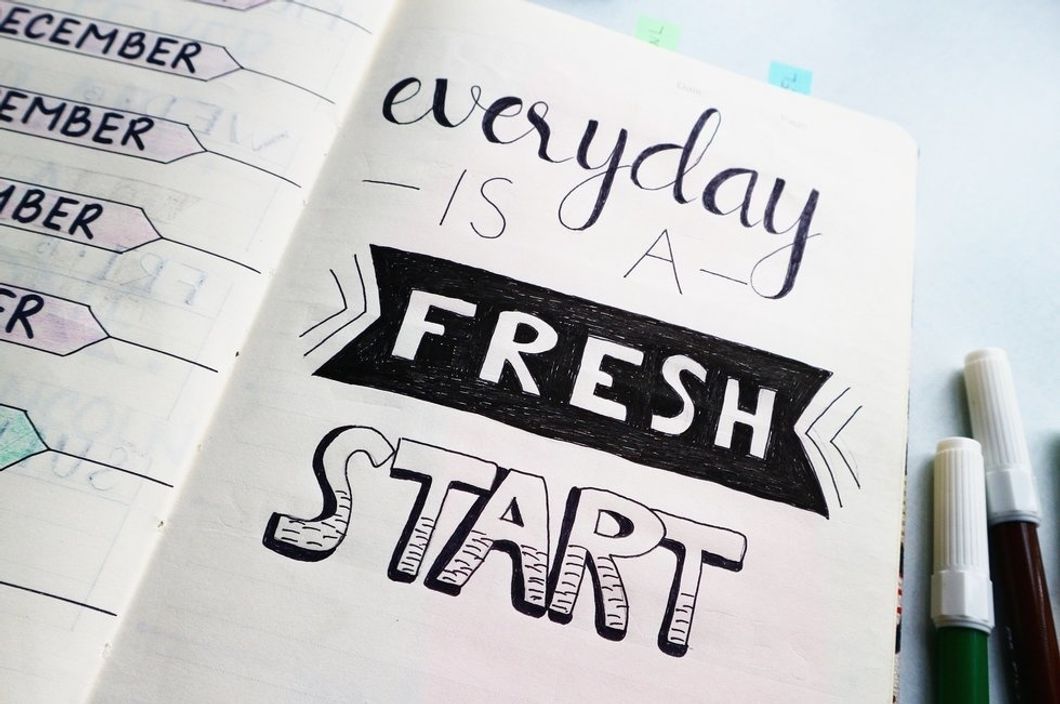Keeping A Healthy Sleep Schedule Is The One Gift You Should Always Give Yourself
If you have a healthy sleeping routine, you'll have a great day 10 times out of 10.
I began writing this article as I just woke up from a nap in the middle of a weekday. I'll be the first to admit that my sleeping schedule lately is not the greatest. Most days I go to bed late at night and wake up in the afternoon. On mornings that I have to wake up early for class, I have to take naps in the afternoon just to make it through the day.
I wish I wasn't like this, I wish I could be a normal person who is in bed by 10 p.m. and wakes up every morning at 8 or 9 a.m. When I am on a good schedule I feel so much better. I wake up early in the morning, I'm not tired during the day because I got a good night sleep and then by 10 p.m. I'm exhausted and ready to sleep.
It's all about routine. If you get in a bad routine of staying up late and sleeping late, it can be very difficult to get back on track. I've never been a morning person but if I had better bedtime habits, maybe I could be.
The fact is, you get so much more out of your day when you wake up before 9 a.m. You grab a coffee, make some breakfast, do some homework and go to class, all before noon. It's amazing the things you can get done in the morning hours while you'd usually be asleep.
Our brains are wired to be awake when it's light out and asleep when it's dark out- so when you start messing with your brain's natural process, you're getting into dangerous territory. A late night followed by a 12 noon start to your day can have you feeling like there aren't enough hours to get things done. Days seem to go by faster and deadlines approach sooner when you fall into this bad habit.
If you're on a bad schedule, I know the feeling. But you can fix it, and this is how: start with your bedtime. Eat lunch around 12 and dinner around 6, then get some work done. Here's the hard part: don't expose yourself to any electronic screens for at least an hour before you go to sleep. If you're aiming to be in bed by 10 p.m., turn off your TV, computer and iPhone by 9 p.m. Subjecting your eyes to the glow of a screen before bed has a negative effect on your brain, making it much harder to fall asleep.
If you're someone who has trouble falling asleep at night, try making yourself a cup of herbal (non-caffeinated) tea or taking melatonin. If you really can't sleep, I usually take half of a Benadryl and that always does the trick. Although it does work, don't get in the habit of taking Benadryl every night to fall asleep. Your body may start to rely on it and it can make you pretty groggy in the morning too. Also, opening up your curtains so that the natural sunlight illuminates your room in the morning is a helpful tip for waking up at a reasonable time.
Once you get into a good routine, maintaining this sleeping schedule should be pretty easy.














































